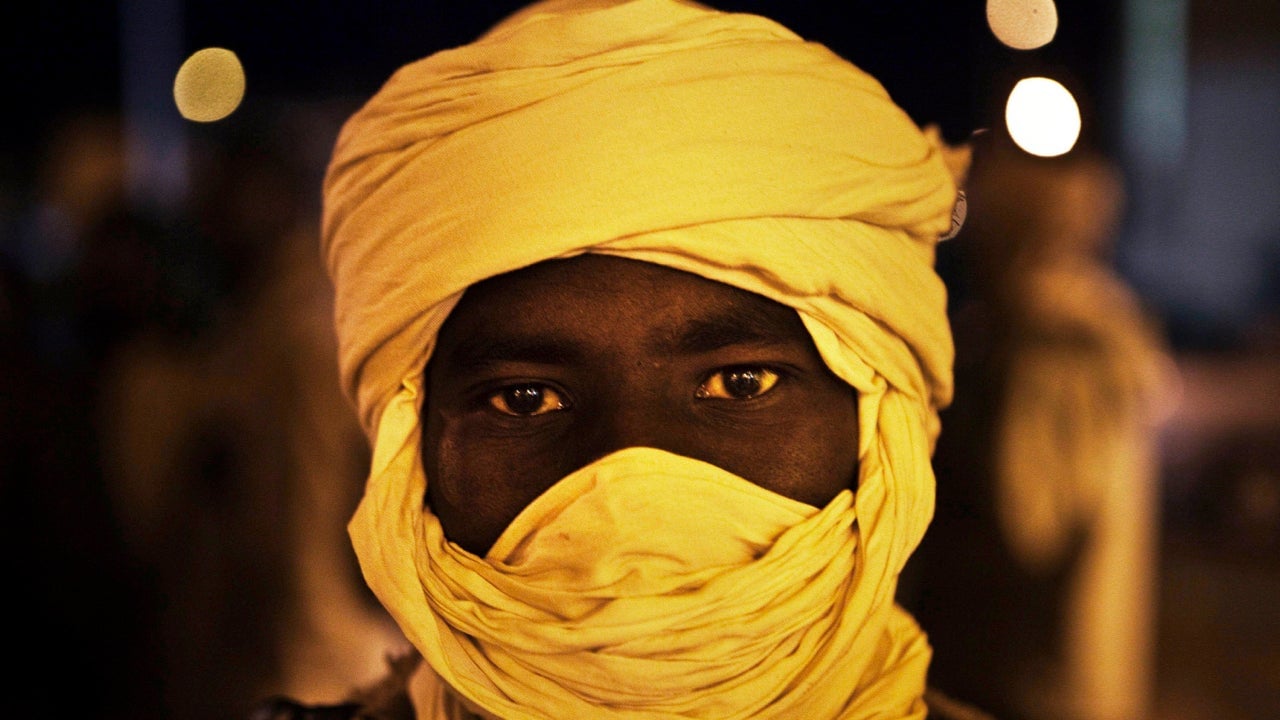This blackface skit of “lazy” Sudanese re-exposes racism in the Arab world
A popular Kuwaiti television show has aired a skit that exposes the country’s problematic race relations.


A popular Kuwaiti television show has aired a skit that exposes the country’s problematic race relations.
Block Ghashmarah featured a skit in which Kuwaiti actors portrayed negative stereotypes of Sudanese people. The show aired during Ramadan on Kuwait 1, with each episode dedicated to mocking people from a different country, according to a BBC report.
In the episode targeting the Sudanese, all three actors are in blackface, smeared in dark brown make-up. One wears a wig with thick black woolly hair. Their characters are all reclining, and speak in a drawl that is meant to mock the Sudanese accent. As one character asks to marry the other’s daughter, they punctuate their words with “aaah,” right before the characters take a nap.
“Guys, this is 2018? What’s up with you painting your faces black?” asked Waleed Abdulhamid, a Sudanese teacher living in Canada. “You know, the Kuwaitis themselves, there [are] a lot of dark-skinned people, so why do you have to do this?”
If Kuwait TV wanted to portray Sudanese characters, producers could easily have hired Sudanese actors living in the country. While the skit’s main actor has since apologized, use of blackface and reliance on stereotypes and caricatures is nothing new in Kuwait or the other Gulf states.
As BBC journalist Abdirahim Saeed pointed out, Egyptian TV series Asmi We Ashgan also used actors in blackface with braided wigs to portray Sudanese. That show centers around two conmen pursued by a detective. In one episode, the blackface characters play a Sudanese father and daughter, trying to seduce a wealthy Egyptian man.
These shows are indicative of a much deeper problem with race in the Arab world. Even more harmful is the mistreatment of expat workers from Africa and Asia through the kafala system, which gives employers broad power over low-wage workers.
In countries like Kuwait, the vast majority of the labor force is made up migrants from Asia and Africa who often work as maids and construction workers—and end up caught in a system of racial hierarchy and exploitation. The local population often has various skin shades, but lighter skin is preferred. In Egypt, the dark-skinned Nubian community routinely complains of racism and prejudice, writes journalist Mat Nashed: “The Arabic word for ‘slave’ is often colloquially used to address black Africans in the Middle East. Just think about the uproar—and how justified the anger—when racists refer to Arabs in an equally degrading way.”
Countries without a racially segregated past will at times try to absolve themselves from responsibility for fighting racism. Or—as the Netherlands does with Zwarte Piet (“Black Pete”)—they will point to their current diversity as proof that their society isn’t racist, even when dressing up as a much-loved Christmas mascot presents a clear example of blackface. Just as China has been forced to reckon with its race relations after outcry over blackface skits and its portrayal of Africans, the Arab world needs to face up to its own prejudice.
Correction: A previous version of this article had an incorrect spelling for the name of journalist Abdirahim Saeed.